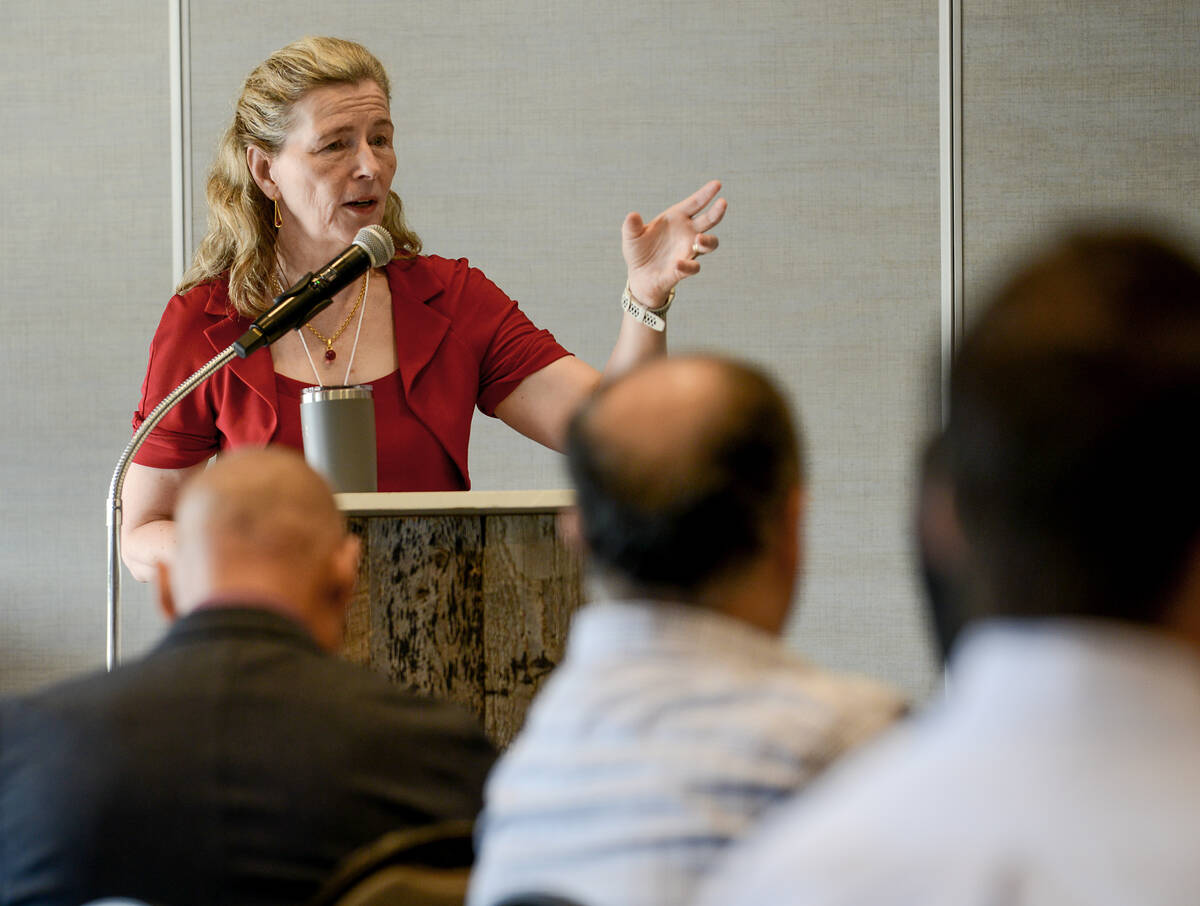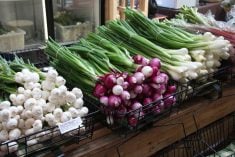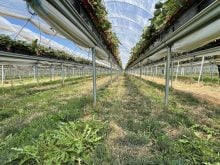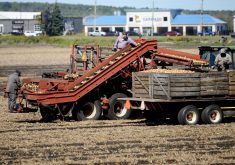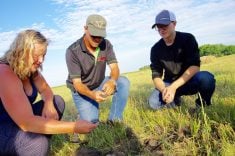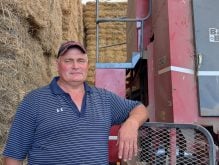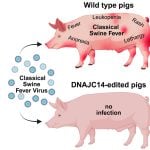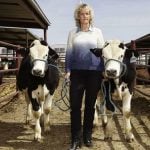A little over a year ago, the Livestock Research Innovation Corporation (LRIC) hosted a panel discussion at its annual symposium focused on the topic of engineering a better farm.
Why it matters: Solutions to big issues, according to LRIC, can be found by bringing together experts from beyond agriculture with skills in automation, engineering, computer science, systems design and other fields.
The premise was simple: the industry is facing many substantial issues from climate change and emerging diseases to changing societal expectations — issues too big for any one livestock sector or even just agriculture as an industry to tackle on its own.
Read Also
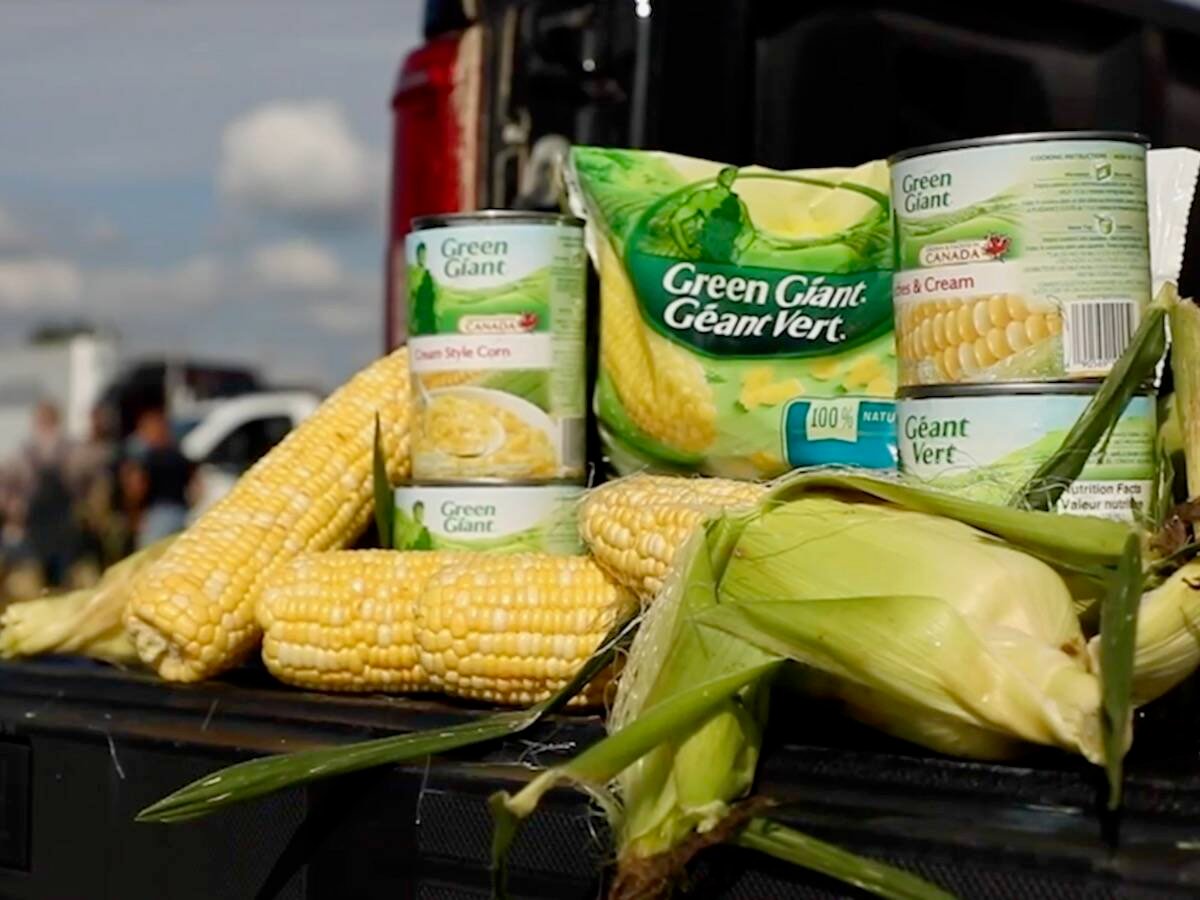
Packer buys Green Giant, Le Sieur veg brands from U.S. owner
A Quebec-based processor’s deal to buy the Green Giant and Le Sieur packaged and frozen vegetable brands in Canada from a U.S. owner clarifies the status of two popular retail brands grown by Canadian farmers.
LRIC began reaching out to Ontario engineering schools and attracted the interest of Dr. Mary Wells, dean of Engineering at the University of Waterloo, Canada’s largest engineering school with over 10,500 students and an $80 million annual research budget.
UW is also home to the largest co-op program in the world.
Last month, this burgeoning relationship resulted in the Future of Ag Tech Symposium hosted at UW to introduce its tech and innovation capacity to the agriculture sector.
“We don’t have an agriculture or food school but there is a lot of engineering at Waterloo with professors who are interested in the sector but don’t have the connections with the industry,” says Michele Van Dyke, industry engagement manager at UW.
“We do a lot of research here and we are looking for agtech applications.”
UW researchers and students are working on a wide range of innovations in robotics, automation, computer vision, wireless communication, artificial intelligence and environmental monitoring.
Agricultural applications include remote sensing via drones and satellites, battery-free sensors, RFID-enabled monitoring systems and robotics to automate repetitive tasks, improve efficiency and ensure consistent quality.
According to Van Dyke, UW’s Velocity Incubator and the Conrad School of Entrepreneurship and Business have helped make the university one of the world’s top 25 start-up ecosystems.
Upside Robotics is one ag-focused start-up that is currently part of the Velocity Incubator. They’ve created a simple, lightweight robot called the Maize Runner that can optimize fertilizer application, which, according to CEO and co-founder Jana Tian, is resulting in a reduction in nitrogen use of up to 70 per cent.
“We currently use big equipment to fertilize corn, and we tend to over apply because we can’t go back in-field as the crop grows, so we’ve designed a robot that can feed the crop on a regular basis as it grows,” she said.
The team is currently working with 15 Ontario growers to fertilize about 1,200 acres. Maize Runner is 24-inches wide to fit between 30-inch corn rows, has a six hour battery life, multiple sensors for crop health monitoring and can cover about one acre an hour autonomously.
“Demand hasn’t been an issue; when we show growers that it works, they’re enthusiastic. We are putting 40 units out this year, and we have a waiting list,” she said, adding they’re making ongoing design improvements before moving into commercialization.
Kwaku Owusu Twum is the founder of Mapkot Technologies, a start-up focused on helping food manufacturers with responsible sourcing of food ingredients, specifically cocoa. West Africa produces about 70 per cent of the world’s cocoa supplies, and 90 per cent of that production comes from smallholder farmers with an average farm size of 2.5 acres.
Their problem, however, isn’t production — it’s connectivity. Only 38 per cent of Africa’s population has internet access, noted Twum, so the current Internet-based traceability and supply chain systems aren’t cutting it.
He’s created Mapmate, a text-based mobile technology that connects farmers and food manufacturers to enable collection of data and farm analytics to boost transparency and help with sustainable and reliable sourcing.
Mapkot has formed a partnership with MTN, a large African mobile provider and currently has two paying companies as customers who are working with approximately 2,500 farmers.
“For the price of $3 per farmer per year, we’re providing visibility and insights and empowering farmers to connect directly with food manufacturers,” Twum said.
MetaCycler BioInnovations is turning dairy processing waste into biodegradable bioplastics with the same properties as conventional plastic using proprietary bacteria. The team is currently refining their method and pursuing a patent.

